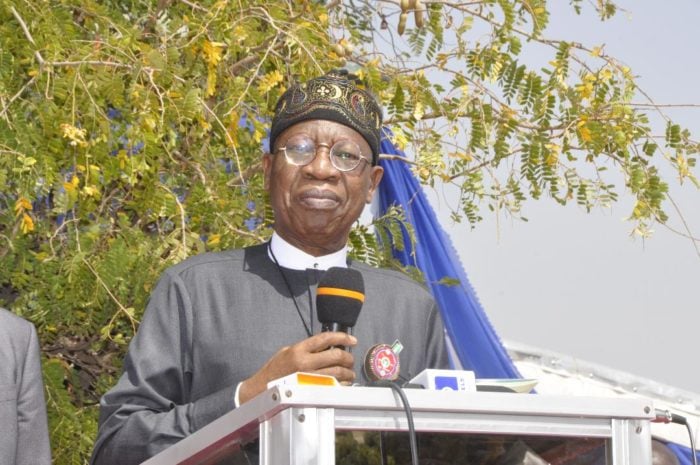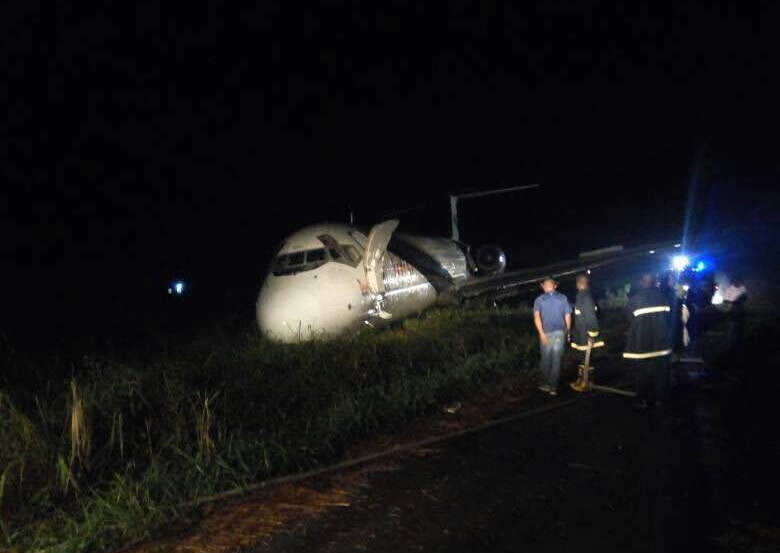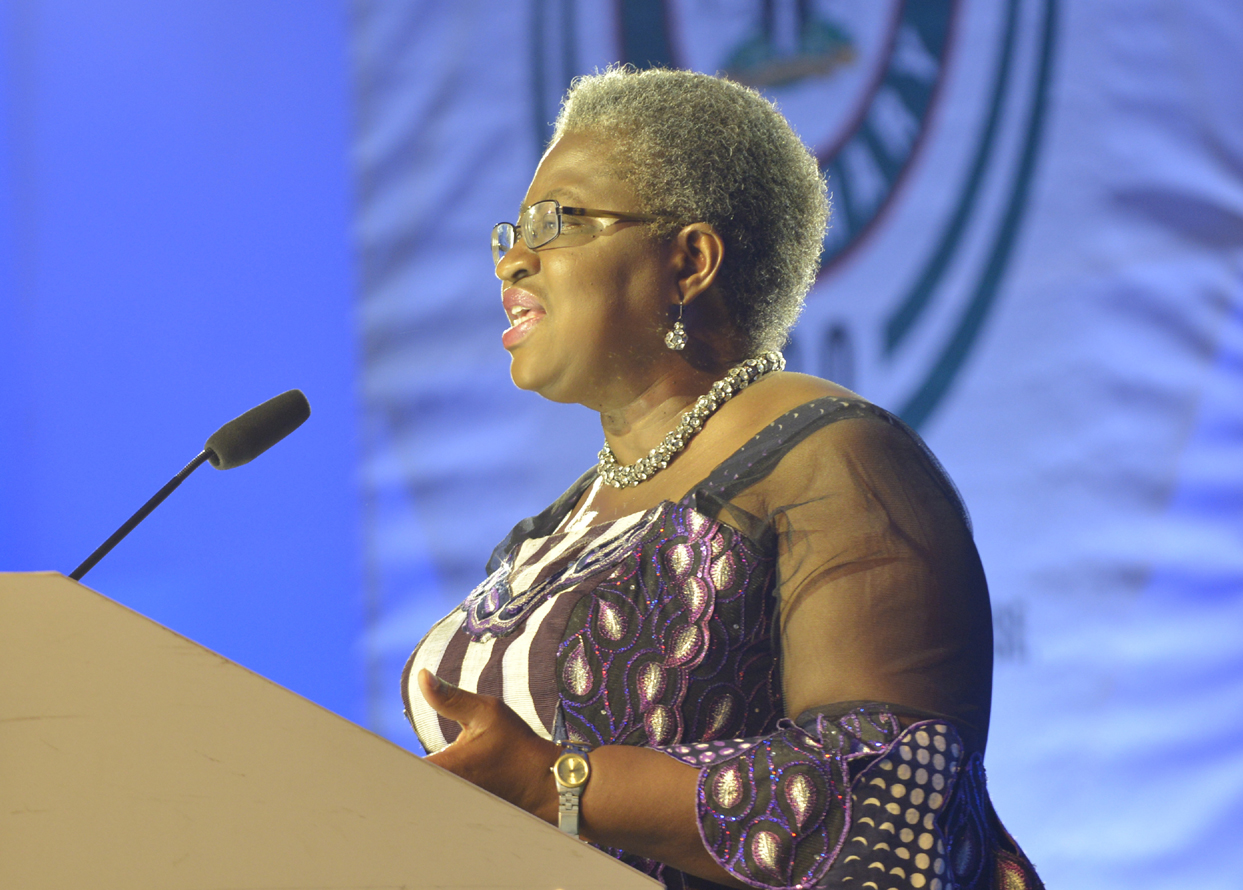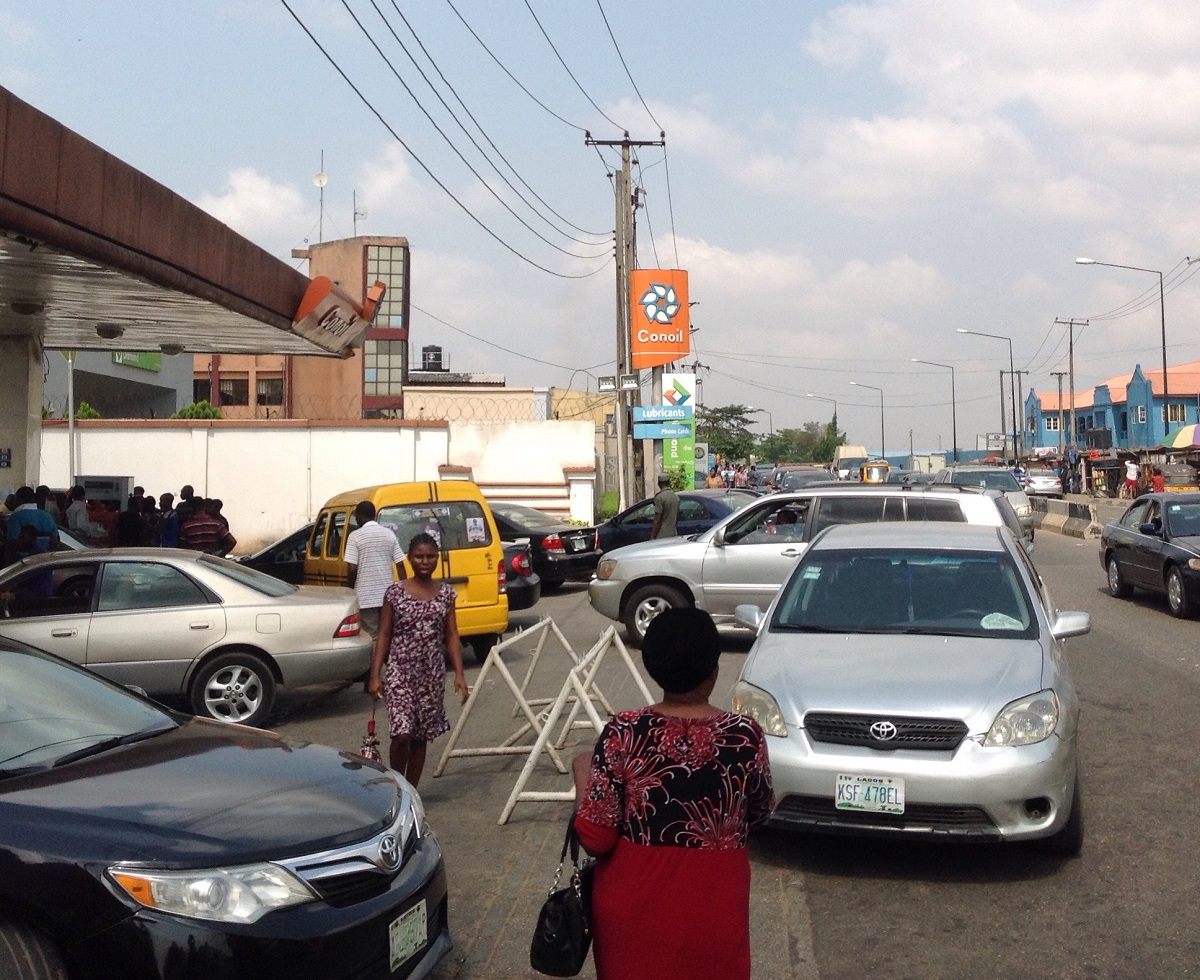Lai Mohammed, minister of information, says some people are giving the impression that rain started beating us in Nigeria only from May 29, 2015.
He said this on Tuesday when he Andrew Hanlon, chief executive officer of TVC Communication, visited him in his office in Abuja.
Mohammed appealed to the media to contextualise their reporting so that the “looters who destroyed Nigeria would not be made to look like its messiahs”.
“We are on a rescue mission. However, the way a section of the media is reporting the challenges facing the country today does not reflect that understanding,” he said
Advertisement
“They are playing down the challenges that this administration has faced and which it is successfully tackling.
“For example, we did not get to where we are today in just three years. It has taken successive decades of bad governance, unbridled corruption, and lack of probity, a culture of impunity and a near state of anarchy.
“These are the ills this administration inherited and which it has set out to tackle, and this is what the media must reflect in their reporting.”
Advertisement
The minister said the situation of the country was prevented from becoming worse because of the prudence, probity and the anti-corruption stance of the present administration.
“Instead of recession, Nigeria could have had a total collapse of the economy and the power grid could have collapsed,” he said.
Mohammed said the manner in which the government handled Boko Haram, prevented the insurgents from overrunning Abuja just as it did major towns in the north-east.
He also said that the country’s “food imports could have tripled what it was pre-May, 29 2015 and the naira might have been worse hit.”
Advertisement
The minister, therefore, challenged the media to do more to educate Nigerians that it is hard to build but easy to destroy.
He said it is the responsibility of the media to educate Nigerians about efforts being made by the administration to rebuild the nation “almost from the scratch with 60 percent less revenue” while corrupt ones paint the government bad.
According to him, apart from low revenue and deflated foreign reserve, the Buhari administration came into being when the federal government was borrowing to pay salary and 27 states were owing workers salaries and unable to pay contractors for years.
This, he added, was apart from poor infrastructure, low power generation, trillions of naira wasted as fuel subsidy, empty treasury and most parts of Borno under total control of insurgents.
Advertisement
“Today, the trend is being reversed and the results are showing as foreign reserves is now $42.8 billion, inflation has fallen for 12 consecutive months to 15.13%, N108 billion has been saved from the removal of maintenance fees payable to banks pre-TSA.,” he said.
“The nation is saving N24.7 billion monthly with the full TSA implementation, the elimination of ghost workers has saved the nation N120 billion, capital inflow reached $1.8 billion in the second quarter of 2017, almost double the $908 million in the first quarter.
Advertisement
“While Nigeria’s stock market is one of the best-performing in the world, delivering returns in excess of 40 percent.
“Nigeria has also jumped 24 places on the World Bank’s Ease of Doing Business ranking and earned a place on the List of Top 10 Reformers in the world.
Advertisement
“The administration has repeatedly given bailouts for states to pay salary. The administration’s agricultural revolution is a huge success, with agriculture export up year-on-year by 25%, rice import from Thailand dropping 644,000 metric tonnes to 22,000 metric tonnes and rice farmers growing from 5 million to 12.3 million.
“The home-grown school feeding programme has created jobs for 61,352 cooks, and it is providing 6.4 million school children in 33,981 schools across 20 states with one meal a day.”
Advertisement
Add a comment






